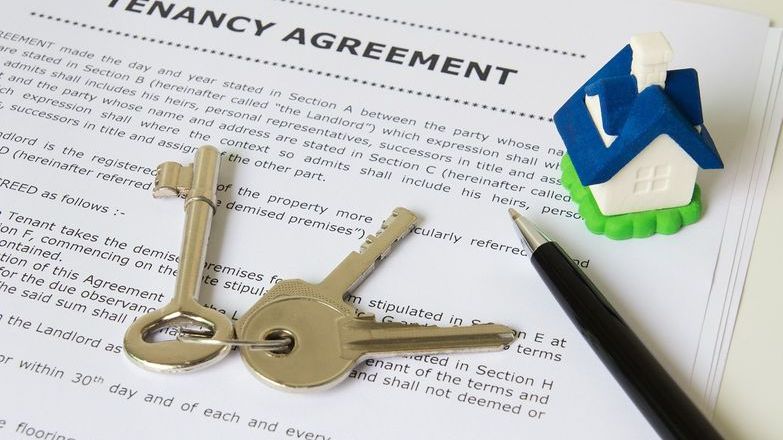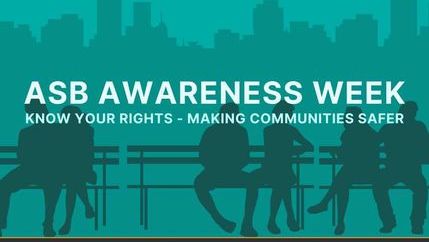
The session was led by Tim Thomas, Propertymark's Policy and Campaigns Officer, who represented members in the ASB Implementation Group during the last parliament, working with the Departmenrt for Levelling Up, Housing and Communities, the Ministry of Justice, the Home Office and a range of sector partners.
Expert advice was provided by another member of the ASB Implementation Group, Janine Green, a distinguished figure in the field of anti-social behaviour prevention and a partner at Green & Burton ASB Associates, which provides training, support and advisory services to the private rental sector (PRS). Green is also a lay member of the First Tier Property Tribunal (Scotland), where she hears civil applications related to PRS tenancies.
What is not ASB
There is no list of behaviours that constitute ASB in law, and various legislation contains slightly different definitions. It can be difficult to decide if something meets the criteria, as the interpretation can be subjective. The most important aspect of all definitions is how the behaviour makes the victim feel.
Things that are often reported as ASB but are very unlikely to be considered as such by a tribunal include: using a washing machine at night, babies crying or children playing, neighbour disputes, parking issues, and one-off parties.
What role should an agent play
When receiving reports, agents should aim to make an objective assessment of the behaviour and circumstances to decide if it is unacceptable so they can offer realistic guidance.
The victim should be encouraged to keep notes of the details of what is happening, including times and dates, and the impact this has had on them, and the agent should also keep records of the contact they have had with the person complaining and any observations they make of the behaviour themselves.
If a court is asked to grant an eviction order, they will consider the facts of what has happened and the proportionality of granting the order, and this type of evidence is essential to help them make a decision.
Where to find support
There are a number of different agencies involved in tackling anti-social behaviour. The main three are the police, local authorities, and housing associations.
Who to report to will depend on various factors such as what the anti-social behaviour is, whether it has been reported before, and whether the alleged offender is a social tenant.
ASB Help is a charity set up to provide advice to victims of ASB in England and Wales, although much of the content is applicable throughout the UK. Their interactive Act Now tool guides users to the right option for reporting in specific situations. Victim Support Scotland has an ASB webpage with useful advice and contacts, and for Northern Ireland there is reporting information on the government website.
ASB case reviews
In England and Wales, there is a legal right to request a review of an ASB case if an individual has reported three incidents (or more) within six months and the situation hasn’t been resolved.
There will be a multi-agency case review which attempts to fix the problem and devise an action plan to resolve the anti-social behaviour.
ASB Help provides a tool to identify how to request a case review in each local authority area.






